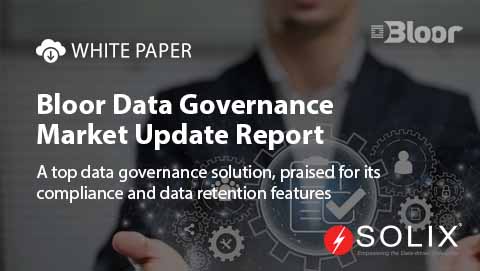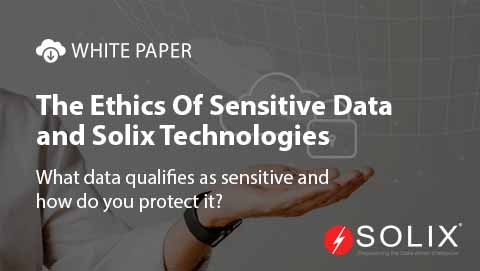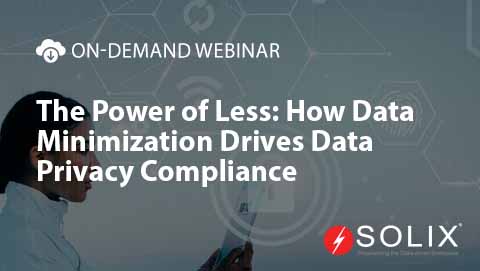Data Governance Vs Data Security
Situations where you could save substantial time and money by implementing effective data governance and security measures. Whether you‚re a small startup or a large enterprise, the importance of balancing data governance and security cannot be overstated.
What is Data Governance Vs Data Security and why does it matter? Data governance involves the management of data assets within an organization to ensure data integrity, quality, security, and compliance. This includes defining data policies and standards, establishing data quality management processes, and implementing metadata management tools. On the other hand, data security focuses on protecting data from unauthorized access, misuse, and breaches through encryption, access controls, and compliance measures.
The intersection of data governance and security is crucial for organizations looking to harness the power of their data while safeguarding it from potential threats and risks. Without proper governance, data may be inaccurate, inconsistent, or outdated, leading to erroneous decision-making and compliance issues. Similarly, without robust security measures, sensitive data is vulnerable to breaches, theft, or misuse, resulting in financial losses, reputation damage, and legal repercussions.
A real-world scenario: transforming data governance vs data security for success. Imagine for a second your in a scenario where a company, let’s call it Acme Corporation, is struggling to balance data governance and security. Their data is spread across multiple systems, making it challenging to track, manage, and secure effectively. As a result, they are facing compliance issues, data quality issues, and security breaches, putting the company at risk of financial and reputational damage.
Enter Solix Technologies, a leading provider of data governance solutions. By implementing Solix comprehensive data governance framework, Acme Corporation can streamline data policies, enforce standards, improve data quality, and enhance data security. Solix tools enable Acme Corporation to centralize data management, automate metadata management, and enhance data security measures, ensuring compliance and mitigating risks.
How Solix saves money and time on data governance vs data security. Solix data governance solutions offer a range of benefits that can save organizations time and money. By establishing data policies and standards, organizations can reduce data duplication, inconsistencies, and errors, leading to improved decision-making and operational efficiency. Additionally, by implementing data quality management processes, organizations can optimize storage, improve data retrieval, and reduce data maintenance costs.
Solix metadata management tools enhance transparency and accountability, enabling organizations to track data lineage, comply with regulations, and streamline data operations. Furthermore, Solix data security and compliance features protect sensitive data, prevent data breaches, and ensure adherence to data protection standards, reducing the risk of financial losses and reputation damage.
- Solix Email Archiving Solution
- eDiscovery
- Solix ECS
- Solix Partner
- Data Masking
- CDP
- Solix Application Retirement
- SOLIXCloud Enterprise AI
By investing in Solix data governance solutions, organizations can achieve a harmonious balance between data governance and security, leading to cost savings, operational efficiencies, and compliance benefits. By leveraging Solix expertise and technology, companies like Unilever, AIG, Citi, GE, and Santander have successfully transformed their data governance and security practices, unlocking the full potential of their data assets.
To learn more about how Solix can help you achieve data governance vs data security, enter your information on the right for a chance to win $100. Don’t miss out on this opportunity to enhance your data management practices and safeguard your data assets effectively.
-

-

-
 On-Demand Webinar
On-Demand WebinarThe Power of Less: How Data Minimization Drives Data Privacy Compliance
Watch On-Demand Webinar
